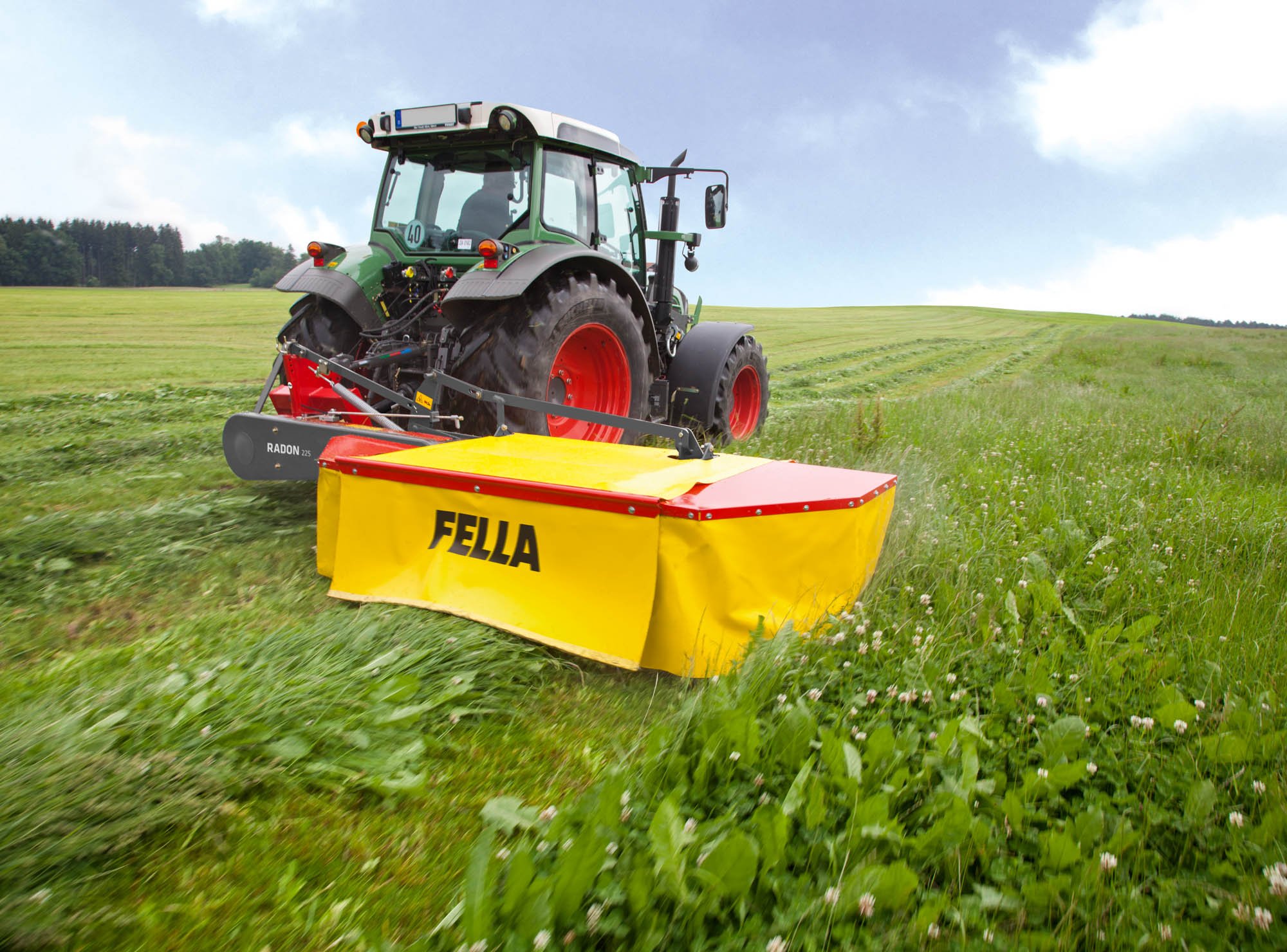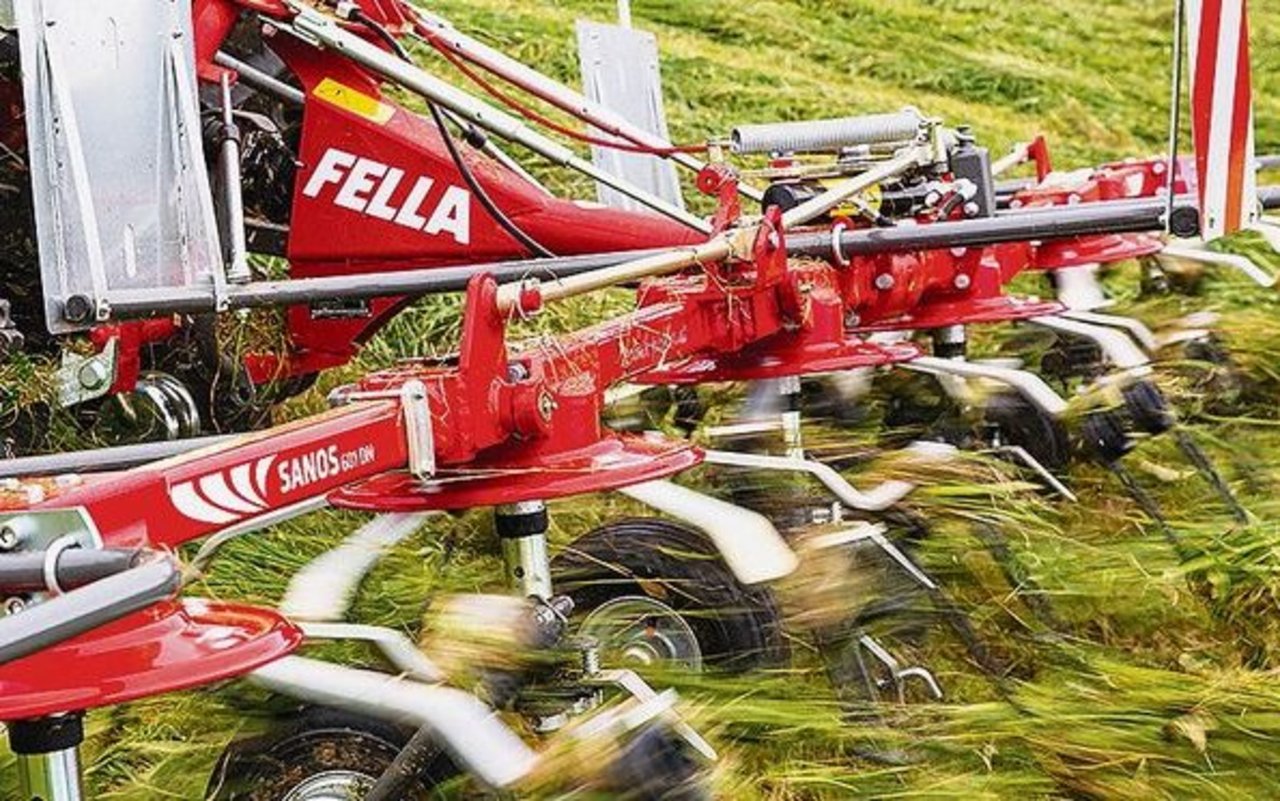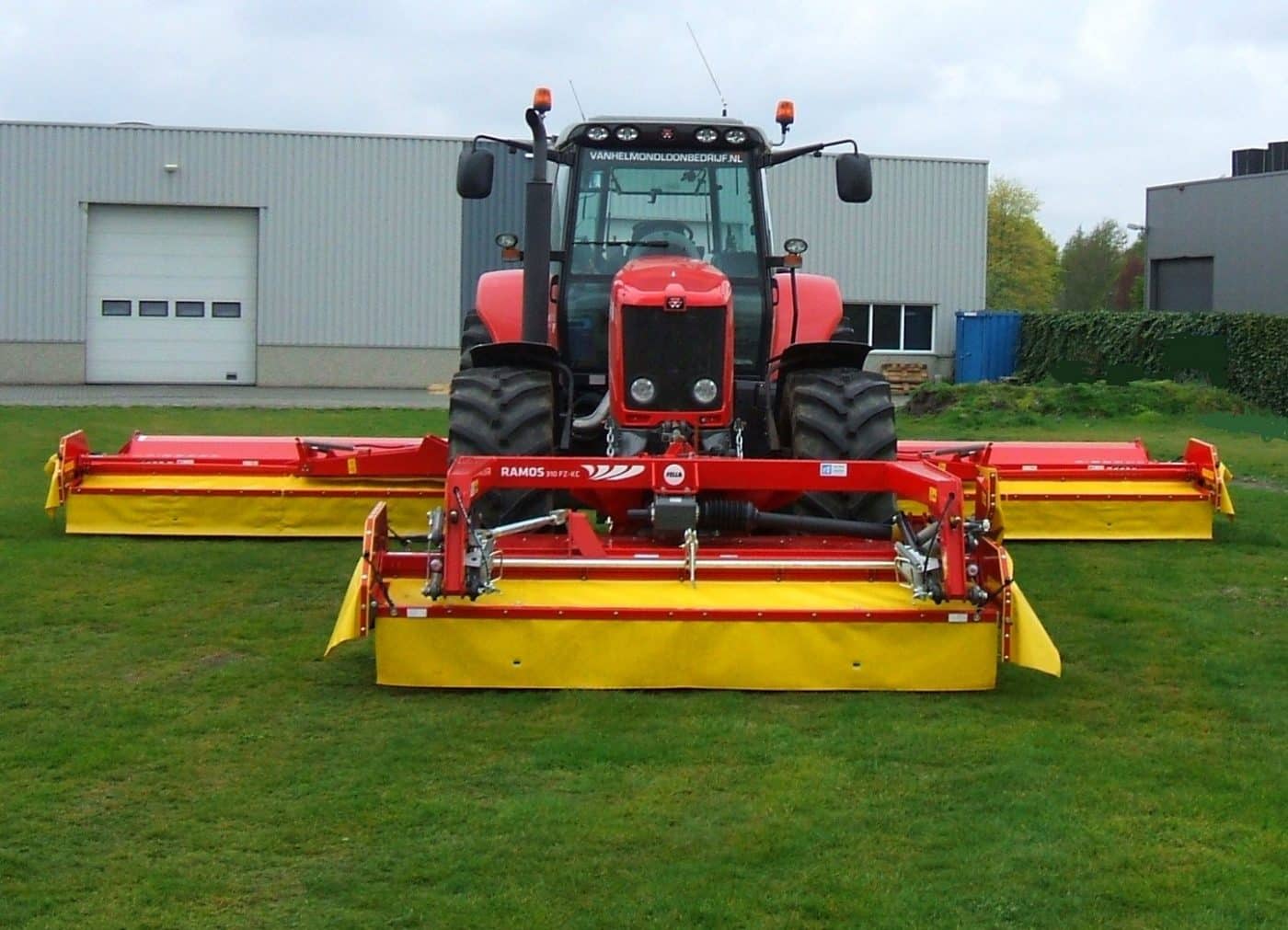Fella The Turn Up Monster Porn - What Does It Mean?
Sometimes, a search query pops up, and you just have to wonder about the collection of words strung together. Phrases like "fella the turn up monster porn" can certainly make you pause and think about what someone might be looking for, or what sort of ideas are swirling around out there. It’s pretty clear that when words come together in such a unique way, there's often a lot more to unpack than meets the eye, particularly when we consider each piece of the puzzle.
You know, it's almost like a curious puzzle when you see something like that. What does each part of it truly signify, and how do they even connect? While the full picture of such a phrase might remain a bit of a mystery, we can certainly take a moment to look closely at one of its key components, a word that has a life of its own in everyday conversation. We're going to spend some time just looking at that one word, giving it some thought, and seeing what it really means.
We're talking about the word "fella," of course. It's a word many of us have heard, perhaps used, and it has a pretty distinct feel to it. So, what is a "fella," really? And how does this particular word, with its common and friendly sound, fit into the vast and sometimes strange world of language? We’ll explore its simple roots, how people use it in their daily chats, and just how much meaning a short word can hold. It's interesting, really, how much we can learn from a single term.
Table of Contents
- What's the Deal with "Fella"?
- The Roots of "Fella" - A Look Back
- How Do People Use "Fella" Today?
- "Fella" in Everyday Talk - From Casual to Conversational
- Is "Fella" Just for Men?
- "Fella" and the Idea of a "Turn Up"
- Can "Fella" Be a "Monster" of a Word?
- "Fella" and the Idea of "Porn" - What's the Connection?
What's the Deal with "Fella"?
When you hear someone say "fella," what comes to mind? For many, it immediately brings up the idea of a person, a man specifically. It’s a word that, in a way, feels quite familiar and easygoing. You might hear it in a casual chat between friends, or perhaps in a story someone is telling. It just has that sort of informal vibe about it, doesn't it? It’s not a term you’d typically use in a formal business meeting, for example, but it fits right in when you're just hanging out or having a relaxed chat with someone you know, or even someone you’re just meeting in a very low-key setting.
The core idea behind "fella" is quite simple, actually. It's a way of saying "fellow" or "man," but with a definite lean towards informality. Think of it as a shorthand, a conversational shortcut that people use to refer to a male person without getting too stiff or proper. It's like calling someone "guy" or "man" in a very relaxed way. You know, it's just a word that slips easily off the tongue in many everyday situations, making conversations flow a bit more smoothly, especially when you're not trying to be overly formal or particular about your word choices. It really does have a certain casual charm, if you think about it.
This term, "fella," also works as a direct way to address someone, similar to how you might use words like "dude," "buddy," or "pal." So, you could say, "Hey, fella, how's it going?" or "Listen, fella, I need a hand with this." It’s a direct address, but it keeps things light and friendly, in some respects. It shows a certain level of familiarity, even if you don't know the person super well. It’s a common choice for folks who prefer a relaxed manner of speaking, and it helps to create a comfortable atmosphere in a chat. This makes it a pretty versatile word for just plain talking.
- Charles Barkley Angola
- Vanessa James Vip
- Asian Hotwife Ashley
- Fortnite Statuys
- Bradley Cadenhead Texas The Untold Story Of A Rising Star
The Roots of "Fella" - A Look Back
The word "fella" didn't just appear out of nowhere, you know. It has a bit of a history, and it’s actually a shortened version of an older word: "fellow." If you think about it, "fellow" itself has been around for a good long while, used to describe a companion, a peer, or simply a man. So, "fella" is, in a way, its more casual, laid-back cousin. It started to become popular in the late 19th century, which is pretty interesting when you consider how long it’s stuck around. It just goes to show how language can change and adapt over time, with words getting trimmed down or tweaked to fit the way people actually talk, making things a bit quicker and easier to say.
While it’s used pretty widely now, the origins of "fella" are actually rooted in British English. It’s one of those words that traveled across the pond, so to speak, and found a comfortable home in American English and other places too. It’s a testament to how words can migrate and become part of the general vocabulary of different regions. This spread shows how language isn't static; it's a living thing that moves and shifts with people. It's kind of neat to think about a word starting in one spot and then just catching on everywhere else, isn't it? That, is that, how it works with so many words we use today.
Over time, "fella" has really settled into its role as a common, informal way to refer to a man. It’s a word that people just understand without much thought, and it carries that specific informal weight. It’s not a formal title or a stiff descriptor; it’s just a straightforward, conversational term that people use when they're not trying to be fancy or formal. It's pretty much ingrained in how many of us speak, especially in everyday, relaxed settings. This sort of word becomes a part of the fabric of daily chats, making communication feel more natural and less forced, which is something we all kind of look for in our conversations, right?
How Do People Use "Fella" Today?
Today, you'll hear "fella" in a whole bunch of different situations, all of them leaning towards the casual side. It’s a word that signals a relaxed tone, letting you know that the conversation isn't meant to be serious or stiff. For example, you might hear someone describe a person they met: "He was quite a nice fella, very convincing in the way he talked." This shows how it can be used to introduce someone in a friendly, approachable way, giving a bit of a feel for their personality without getting into a lot of formal details. It just sets a comfortable scene, you know, for talking about someone.
Another common use is when talking about a new person in a group or a team. Like, if a sports team gets a new player, someone might say, "Suddenly, the goals flowed again as he decided the new fella was worth playing for." This example, from a news source, shows how "fella" can be used to refer to someone new in a familiar context, making them seem like part of the group pretty quickly. It's a way of acknowledging a new presence without making it sound too formal or distant. It just feels more personal, doesn't it, when you use a word like that? It really does make a difference in how people perceive the information.
It's also worth noting that "fella" pops up in various written forms, especially in news articles or books where the writer wants to capture a conversational style. These instances, you know, reflect how the word is used in real life, making the text feel more relatable and less like a dry report. They are examples of how language evolves and how informal terms find their way into more structured writing, just to give it that authentic touch. It’s a pretty common practice to make things feel more real, so, it’s not surprising to see it around.
"Fella" in Everyday Talk - From Casual to Conversational
When we talk about "fella" in everyday conversation, we're really talking about a word that fits perfectly into casual or colloquial chat. It’s the kind of word you’d use when you're just shooting the breeze with someone, not when you’re delivering a speech or writing a formal letter. It makes the conversation feel more open and less guarded, like you’re just having a friendly back-and-forth. This is where "fella" truly shines, in those moments of spontaneous, unscripted talk, where the goal is just to connect and share ideas without much fuss. It really does help to set a relaxed mood for the talk, you know.
The pronunciation of "fella" is pretty straightforward, usually rhyming with "hello" but with an "f" at the start. It’s a simple sound, easy to say, which probably helps it fit so well into quick, informal exchanges. There's no complicated twist or turn to the sound, just a clear, direct way of speaking it. This ease of pronunciation also helps it flow naturally in conversation, without making anyone stumble over the word. It's just a smooth, simple word to get out, which is pretty much what you want in a casual chat, right?
Interestingly, other languages have their own versions of this informal term for a man. For instance, in some places, you might hear "夥計," "小夥子," or "哥們" in Chinese, or "tipo," "tío," or "novio" in Spanish, or "cara" or "namorado" in Portuguese. These show that the idea of having a casual, friendly word for a man isn't just an English thing; it’s a human thing. People everywhere have ways to refer to others in a relaxed, informal manner, which is pretty cool if you think about it. It just goes to show how similar we all are in our communication habits, more or less.
Is "Fella" Just for Men?
Typically, when people use the word "fella," they are referring to a male person. It’s pretty much understood that way in most conversations. So, yes, in its common use, it's generally a term for a man or a boy, similar to how you would use "guy" or "man." This specific association makes it clear who is being talked about without needing extra words or explanations. It's just one of those words that has a pretty clear gender attached to it in people's minds, you know, when they hear it spoken or see it written down.
While language can be pretty fluid, and words sometimes change their meaning or expand their use, "fella" has largely kept its focus on male individuals. You wouldn't typically hear someone refer to a woman as a "fella," for instance, unless it was meant as a joke or in a very unusual, specific context. It’s a word that has a pretty firm spot in the vocabulary for describing men in a relaxed way, and that's usually how people understand it when they hear it. It's just what it is, a common way to talk about a man, basically.
The dictionaries, like the Oxford English Dictionary, list "fella" as a noun with meanings that point to a male person. They provide definitions, show how it’s used in sentences, and give examples from real writing, all of which support its use as a term for a man. So, the formal records of language pretty much line up with how people actually use the word in their daily chats. It’s good to have that confirmation, really, that what we think a word means is what the experts say it means too, you know. It helps keep things consistent in how we talk and write.
"Fella" and the Idea of a "Turn Up"
When we hear the phrase "turn up," it often brings to mind images of excitement, a big gathering, or maybe just showing up somewhere. It suggests energy and presence. So, how does "fella" fit into such a picture? Well, a "fella" could be anyone who is part of that "turn up." He could be the one organizing the gathering, or just someone who shows up to enjoy the fun. The word "fella" itself doesn't carry the excitement of "turn up," but it provides the human element, the person involved in whatever is happening. It just describes the individual, you know, who is present in that lively situation.
Think about it: a "fella" might be the life of the party, or he might be the quiet type who just enjoys the atmosphere. He could be the one who brings the good vibes, or just someone who is there to observe. The use of "fella" keeps the focus on the individual in a very relaxed way, making it easy to imagine him in any kind of social setting, whether it's a big, energetic "turn up" or a smaller, more intimate get-together. It’s a simple way to refer to the person, allowing the context of "turn up" to add the details about the event itself. It's pretty much a blank slate for the person's role, actually.
So, while "turn up" describes the action or the event, "fella" describes the person involved. They work together in a casual way, painting a picture of someone participating in something lively. It's a very common way that words combine in informal language, where one word sets the scene and another names the character. It just makes the description feel more natural and less formal, which is often the goal in everyday talk. This combination, you know, just makes for a pretty easygoing description of things.
Can "Fella" Be a "Monster" of a Word?
Sometimes, words can feel a bit overwhelming, or they might have a whole lot of different uses and meanings, almost like a "monster" of possibilities. Does "fella" fit that description? Not really in the sense of being overly complex or scary. Instead, "fella" is a word that has a pretty clear and consistent meaning, even though it can be used in various informal situations. Its "monster" quality, if you want to call it that, comes from its widespread and adaptable use in casual conversation, rather than from having a confusing array of definitions. It's just everywhere, in a way.
The word "fella" is a good example of how a simple term can be incredibly useful across many different scenarios without losing its core identity. It's not a word that trips people up or causes confusion; it's quite the opposite. Its strength lies in its straightforwardness and its ability to fit into almost any relaxed chat about a man. It’s a word that people just get, instantly, which is a pretty powerful thing for a word to be able to do. It’s a bit like a workhorse word, if you think about it, just getting the job done without much fuss, and that's pretty much what you want.
So, while it might not be a "monster" in the sense of being complicated, "fella" is a very common and frequently used word. Its prevalence in everyday speech makes it a significant part of how people communicate informally. It’s a word that contributes to the natural flow of conversation, making it feel more authentic and less rigid. Its simplicity is actually its biggest strength, allowing it to be understood and used easily by almost anyone. It just works, you know, without needing a lot of explanation or deep thought.
"Fella" and the Idea of "Porn" - What's the Connection?
When you see the word "fella" next to something like "porn" in a search query, it can be quite unexpected and certainly raises questions about the combination. It's important to remember that "fella" itself, as we've discussed, is simply an informal term for a man. It carries no inherent meaning related to "porn" or any other specific type of content. The connection, if any, comes from the way words are strung together in search queries or unusual phrases, rather than from the word "fella" having any direct link to such topics. It's just a word, you know, that can appear next to many other words.
Our focus here is purely on the word "fella" itself, and what it means in everyday language, separate from any unusual or potentially problematic combinations it might appear in. "Fella" is about a person, a male individual, referred to in a casual way. It’s a word that helps people communicate informally about someone, and its meaning is quite distinct and separate from other words that might accompany it in a search string or a random phrase. It’s pretty much just a simple descriptor for a man, nothing more, nothing less, in some respects.
Understanding "fella" for what it is—a common, conversational term for a man—helps us to separate it from any other words it might be paired with. Its meaning remains consistent, regardless of the context it's placed in by a search engine or an unusual turn of phrase. It’s a word that stands on its own with a clear definition, and that definition is about a person. So, when you encounter "fella," you can always rely on its basic, friendly meaning, no matter what other words might be nearby. It just means a man, really, in a very relaxed way.
- Janhvi Kapoor Deepfake
- Lee Greenwood National Anthem
- Home Instead Senior Care Appleton
- Johnny Rivers Wife
- Where Is Tylar Witt Today

Find all Fella-related specifications, technical data and datasheets

Traditionsmarke Fella wird per Mitte 2024 eingestellt - bauernzeitung

Fella triple maaier - van Rooij landbouwmechanisatie